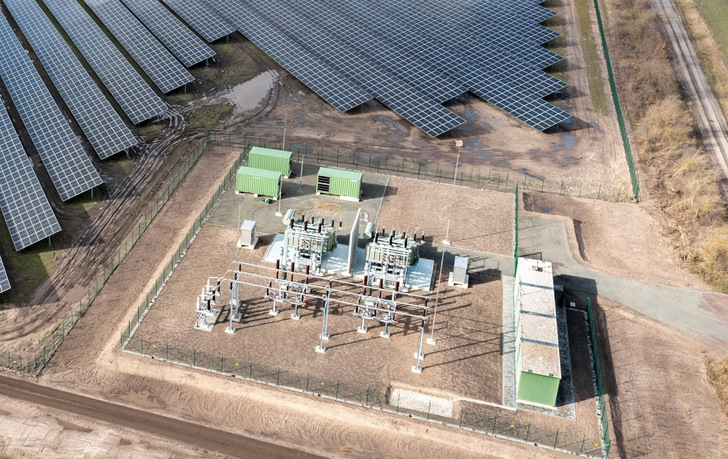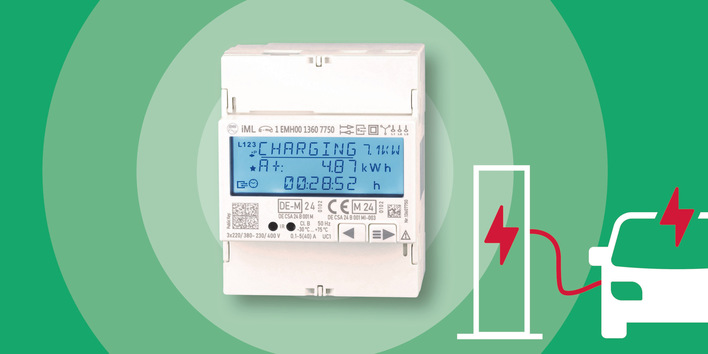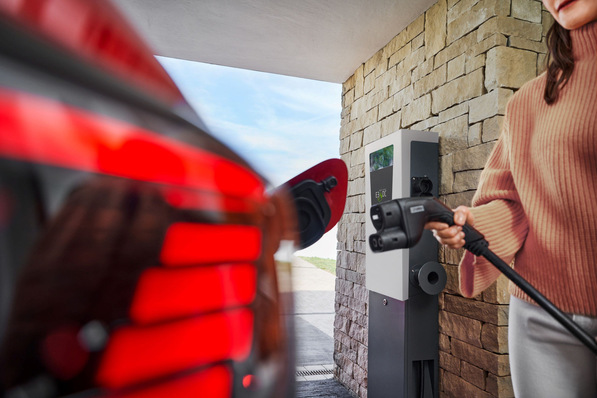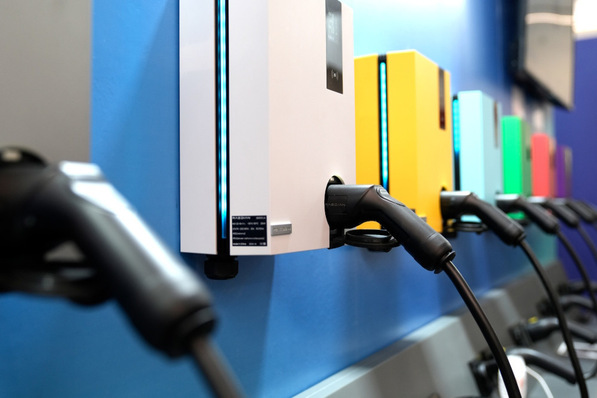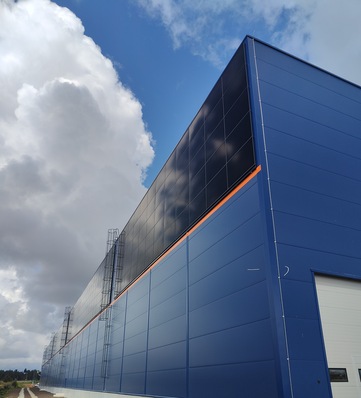The latest analysis by SolarPower Europe shows that 17.2 gigawatt hours (GWh) of new battery energy storage systems (BESS) will be installed in Europe in 2023, supplying 1.7 million additional European households with electricity - an increase of 94% compared to 2022. This is the third year in a row in which the annual energy storage market in Europe has doubled.
Also see: Battery costs fallen by more than 90%
According to the “European Market Outlook for Battery Storage 2024-2028” by SolarPower Europe, battery storage systems with a capacity of 35.8 GWh were installed in the EU at the end of 2023. In addition to photovoltaics, growth was primarily driven by home batteries. In the wake of the energy crisis, European citizens turned to batteries to increase their energy self-sufficiency.
Home storage systems have dominated so far
With 63% of total installed BESS capacity, the residential segment led the way, followed by large-scale battery systems with 27% and commercial and industrial systems with 10%. In 2023, the share of domestic battery storage systems grew by 70%, the share of large-scale battery storage systems by 21% and the share of commercial storage systems by 9%.
Germany maintained its position as the leading market in Europe with installations of 5.9 GWh last year and significant growth of 152%. It was closely followed by Italy with a record 3.7 GWh (+86%) and the UK with 2.7 GWh (+91%).
Slower market growth - boost for large battery storage systems
For the years 2024 to 2028, SolarPower Europe forecasts further growth in the European battery storage market, albeit at a slightly lower level, to a total capacity of 78 GWh in 2028. The industry association expects annual market growth of 30% to 40%, which will be driven primarily by large-scale battery storage systems. Their share of newly installed capacity is expected to rise to 45% by 2028, the share of commercial storage systems to 25%, while the share of home storage systems will fall to 29%.
According to SolarPower Europe, the declining importance of home battery storage systems is primarily due to falling electricity prices and signs of saturation in the previously dominant markets of Germany, Italy and Austria.
Longer electricity storage
The increasing importance of large-scale battery storage systems is primarily due to the rising demand for grid stabilization services and the shifting of peak loads as a result of the growing proportion of fluctuating solar and wind power. At the same time, large battery storage systems that can store electricity for slightly longer than today are expected to become increasingly popular. “With the increasing demand for flexibility in the electricity grid and the shifting of energy, we will see a significant increase in BEES capacity duration from around 1.5 hours today to 4-8 hours,” the report states.
Still a number of obstacles
However, according to Dries Acke, Vice President of SolarPower Europe, there are still a number of hurdles that are currently slowing down the potential of large battery storage systems to stabilize the energy system. These include double grid charges for the storage and withdrawal of electricity, restrictive regulations for the operation of large battery storage systems that are linked to solar and wind farms, or different standards in the EU member states, for example in terms of fire protection.
Call for EU electricity storage strategy
"While politicians have focused on batteries for the electrification of the automotive industry, their crucial role in the transition of the European electricity system to environmentally friendly technologies has been largely overlooked. Flexibility through battery storage is not just a technical issue for regulators and standardization bodies, but requires immediate political attention and prioritization,” emphasizes Michael Schmela, Director Market Intelligence at SolarPower Europe.
See also: 10 innovative solutions compete for the EES Award
The industry association is therefore calling for a comprehensive EU electricity storage strategy and a target of at least 200 GW of installed battery storage capacity in the EU by 2030. (hcn)

